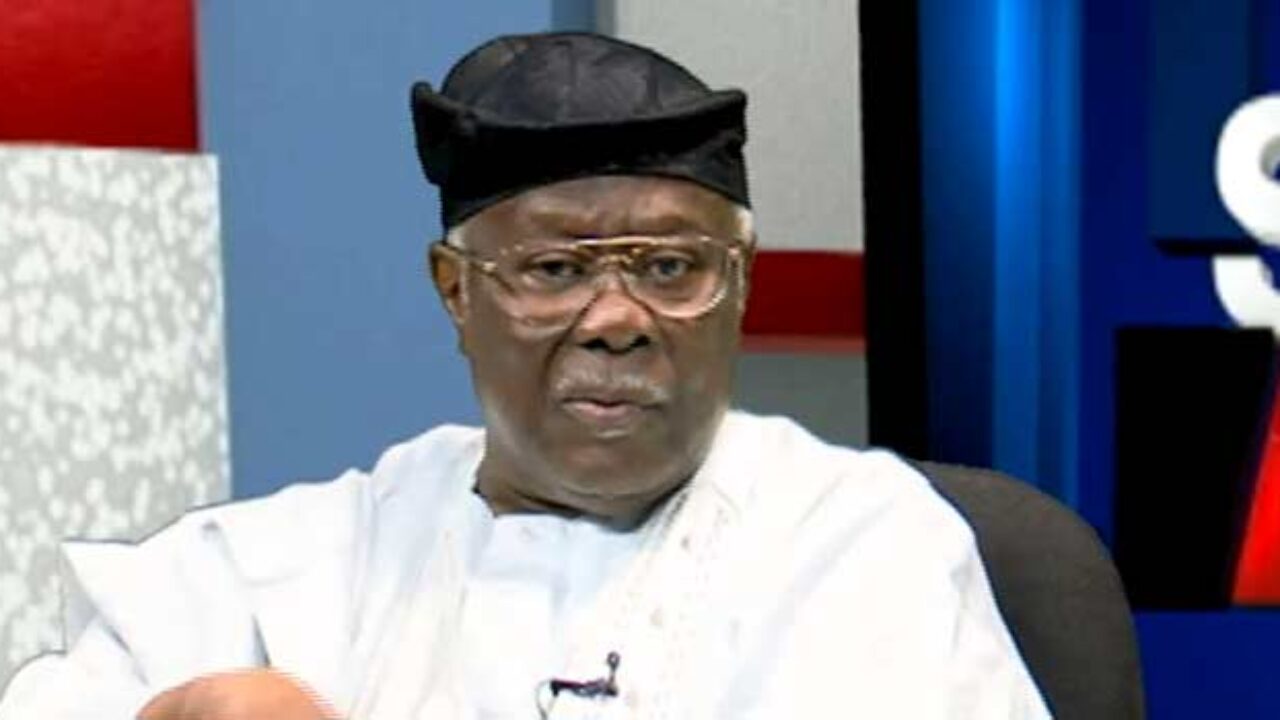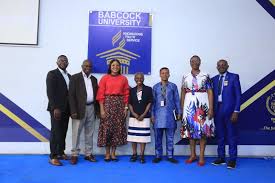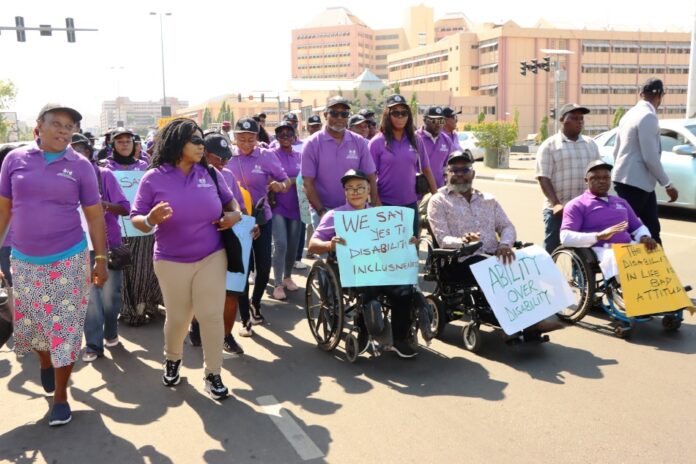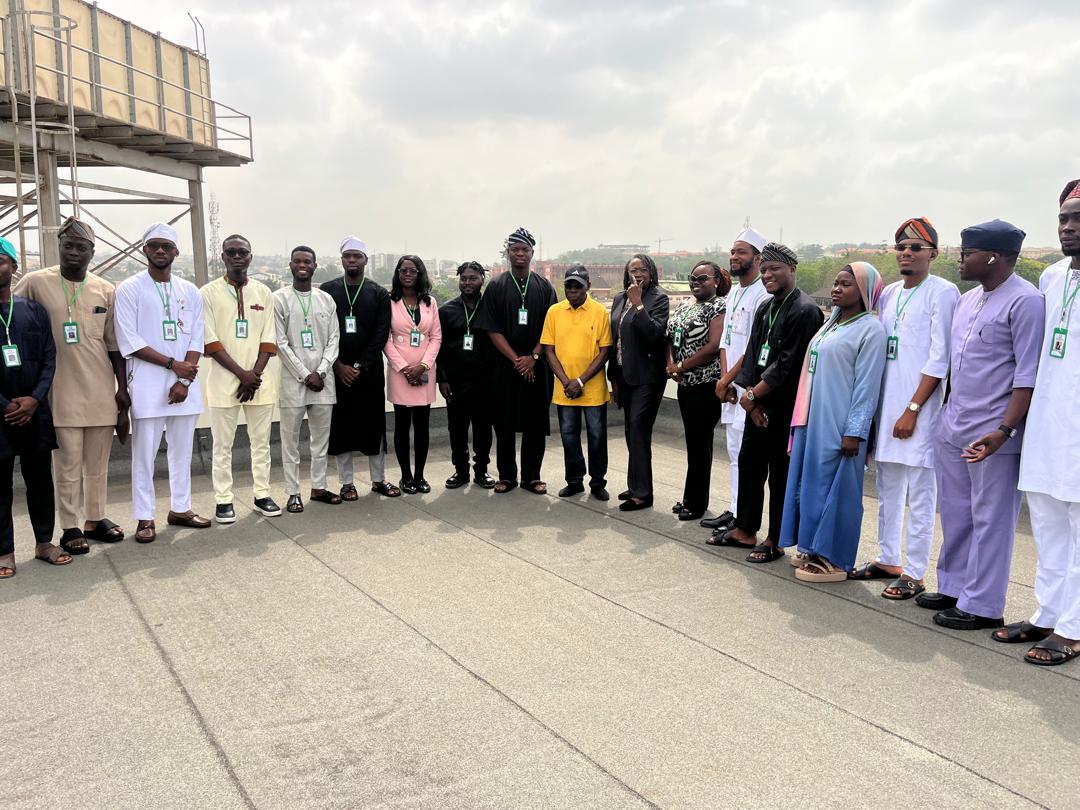From Lagos to the continent: Google’s new hubs place Nigeria at the heart of Africa’s digital rise

When Google’s Equiano subsea cable landed on the shores of Lagos in 2022, it was heralded as a turning point for Nigeria’s internet future.
Two years on, the technology giant is doubling down. Google, owned by Alphabet Inc., has unveiled plans to build four major digital infrastructure hubs across Africa — and Nigeria, the continent’s largest internet market, is set to play a pivotal role.
The hubs, to be located in North, West, South and East Africa, will connect directly to Google’s subsea cables, Equiano and Umoja. Each hub will host landing stations and data centres, serving as anchors for a stronger, faster, and more resilient internet backbone.
For Nigeria, whose economic ambitions hinge on digital expansion, the West Africa hub could prove transformative.
“These hubs will house critical infrastructure such as landing stations and data centres,” said Alex Okosi, Google’s managing director for Africa, in an interview with Bloomberg TV.
He described the project as “new investment” beyond the $1 billion Google pledged to Africa in 2021, adding that the company had already “surpassed” that commitment.
Nigeria’s digital economy is among the fastest growing on the continent, driven by a youthful population, mobile-first adoption, and a booming fintech sector. Yet internet access remains costly and unreliable. Frequent cable cuts expose a fragile system.
In March 2024, damage to subsea lines off Côte d’Ivoire and Senegal disrupted services in West and Central Africa for days, affecting banks, businesses and millions of users in Nigeria. By tying Equiano — which already lands in Lagos — with Umoja, a new cable linking Africa to Australia, the hubs aim to prevent such crises while lowering the cost of data.
The stakes are high. Nigeria has set itself the goal of achieving 70 percent broadband penetration by 2025. Industry watchers believe Google’s investment could accelerate progress. More resilient connectivity would not only benefit consumers but also strengthen Nigeria’s position as a digital hub for West Africa.
Analysts argue that lower wholesale prices could trickle down to consumers, easing the burden of high internet costs.
Telecom firms like MTN Nigeria and Airtel could benefit from cheaper access to bandwidth, enabling them to expand services in rural and underserved areas. Cheaper, faster internet could in turn power start-ups, boost e-commerce, and deepen Nigeria’s already vibrant tech ecosystem centred in Lagos’s Yaba district.
The World Bank estimates that Africa’s digital economy could add as much as $180 billion to the continent’s GDP by 2025 if broadband access improves. For Nigeria, which accounts for nearly a fifth of Africa’s population, the potential share of that growth is significant.
Global technology giants are watching closely. Microsoft is building a $1 billion geothermal-powered data centre in Kenya and has pledged $300 million to artificial intelligence research in South Africa.
Amazon Web Services continues to expand its operations in Cape Town. By positioning Lagos as an anchor for its Equiano cable and one of its hubs, Google is signalling that Nigeria’s market is too big to ignore.
Google also sees the infrastructure push as essential to Africa’s artificial intelligence ambitions. “For us, it is how do we make sure that we are investing in Africa to make sure that the AI opportunity is realised,” Okosi said.
Without stronger infrastructure — faster connections, reliable storage, and data centres on the continent — experts warn that Africa risks falling behind in the AI revolution.
For Nigeria, the opportunities are vast. Faster and cheaper internet could support precision agriculture projects in the north, expand telemedicine across states with fragile health systems, and allow fintech start-ups to scale solutions for financial inclusion.
Local data centres could also ensure that more Nigerian data is stored within the country, a growing demand among policymakers keen to tighten data sovereignty.
This latest announcement builds on Google’s previous commitments. In 2022, when Equiano first landed in Togo and Nigeria, the company promised that the cable would improve broadband penetration and support Nigeria’s digital economy by 2025.
The new hubs represent a wider continental vision, but Nigeria remains central to its execution. Lagos, with its deepening role as a digital and financial capital, provides both the landing point and the talent ecosystem to make it work.
Challenges remain. Power supply is still erratic, raising questions about the sustainability of new data centres. Regulatory bottlenecks also threaten to slow expansion.
The cost of last-mile connectivity — ensuring that rural communities and low-income urban households can access cheaper internet — is another hurdle. Without addressing these issues, critics warn, the benefits of Google’s investment may remain concentrated in urban centres.
Yet optimism persists. Nigeria’s young, tech-savvy population has already shown how quickly it can adapt to new digital tools, from mobile banking to ride-hailing. The arrival of Equiano in Lagos, followed now by the promise of a West Africa hub, suggests that the building blocks of a more resilient digital economy are falling into place.
If successful, the hubs could reposition Nigeria not only as a beneficiary of global technology investment but as a driver of Africa’s digital rise. Stronger connectivity would make the country more attractive for investors, open new pathways for innovation, and reduce the vulnerability of its economy to cable outages.
From Lagos’s shoreline, where Equiano made landfall, to the broader continent, where four hubs will soon knit Africa more tightly into the global internet, Google’s latest move is more than infrastructure.
It is a wager on Nigeria’s centrality in Africa’s digital future. For a generation of Nigerians hungry for affordable, reliable connectivity, the countdown has already begun.










